We are excited to be featuring a fellow Indy Photog this week! 🙂
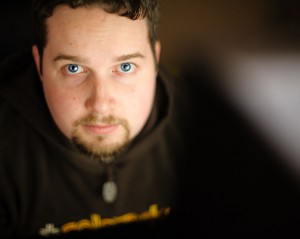 Sean Molin is a professional photographer based out of Zionsville, Indiana. Along with the whole wedding, high school senior, and general portraiture circuit, he has niche passions such as live music, commercial product, and art model photography. Since 2008 he’s been honing his skills with brides, seniors, and bands from all over the globe, and has had work featured in publications just as varied, from Popular Photography to Revolver Magazine.
Sean Molin is a professional photographer based out of Zionsville, Indiana. Along with the whole wedding, high school senior, and general portraiture circuit, he has niche passions such as live music, commercial product, and art model photography. Since 2008 he’s been honing his skills with brides, seniors, and bands from all over the globe, and has had work featured in publications just as varied, from Popular Photography to Revolver Magazine.
I’m Sean Molin, a calligraphy enthusiast with a slight overbite, and hair the color of a chocolate lab. When I’m not taking long walks on the beach, penning poetry, or stealing kisses, I’m taking pictures. More appropriately, I’m editing pictures. I pretty much love unsweet tea more than life itself. As I’m in the middle of planning a wedding myself, I now officially relate with the horrible pains each and every one of my brides is enduring.
When did you first realize you wanted to be a photographer? My whole life, I’d always been massively interested in the craft (see attached photo of me behind the lens when I was two) but it never dawned on me as a career until I was the ripe old age of 22. Until that time, I’d always attempted to stretch my creative eye whenever a camera is in my hands, but I didn’t seek it out. I wish I had found my true love of it earlier… but maybe its best I found it later. Think butterfly effect, you know?
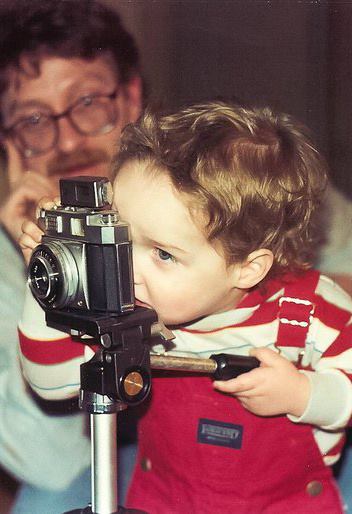
When and how did you start out in photography? I’ve always been a computer geek with the love of the gear. But I’m an artist at heart and, with that, I had devoted the latter half of my life to web and graphic design. That is until one day it all burned out. I wanted to create, but the business of web design is so reliant on the exacting needs of your client, there’s essentially no room to stretch your virtual legs. Since I can remember I always wanted a “nice camera”, but not for anything serious. I don’t think photography as an art had even dawned on me. Well there I was, 22 years old, and I had built a substantial e-commerce site for a client and I was using my little Coolpix point and shoot to take product photos. I knew they sucked, and my perfectionist OCD side was kicking in hard, but I still couldn’t bring myself to drop the cash on a DSLR.
That was until my trusty ‘lil Coolpix was bumped off a counter and broke. I was stranded in the middle of a project and *had* to have a camera. I bit the bullet and bought a nice one. When I do things, I do it right. I worked at a music store at the time, and other than product photography, I realized I could take photos of musicians live. Thus began my first passion: live music photography. I built my entire rig around doing that. I became passionate, I spent every waking free moment I had researching, studying, analyzing, and most importantly shooting. I attribute the accelerated speed of my technical success most to my friend who told me to stick to prime lenses. I shot for my entire first year and a half with a 50mm f/1.8 and nothing else. I didn’t do a paid shoot that entire time, either. It was all about me and my learning.
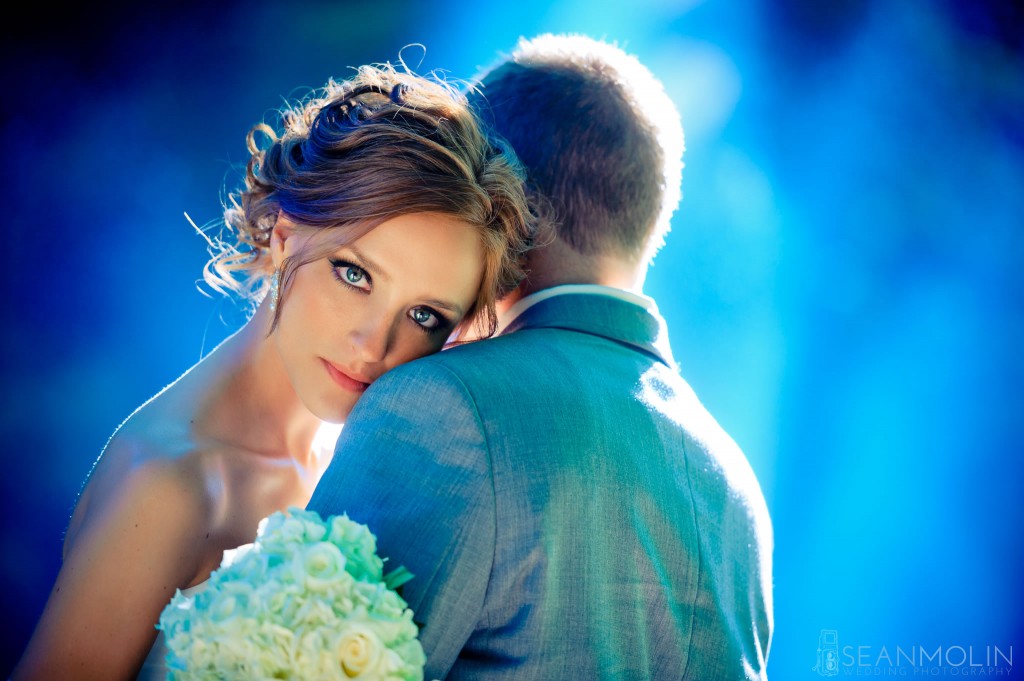
How would you describe your style? My ultimate goal is to provide art that stands the test of time. My editing style is entirely influenced by film, but my shooting style is modern and dramatic. I think the combination of the two is a technical force to be reckoned with. I get to experiment with free lensing, bokeh panoramas, prisms, and other ground-breaking techniques, but I finish them in the timeless look of film.
What’s in your gear bag? If you follow me on any social networking site from Facebook to Flickr, you will quickly find I am unashamedly a Nikon fanboy. While I completely understand and truly believe that great art can be made with anything, I’m a gear head and a nerd at heart. I get butterflies in my stomach looking at MTF charts. I can’t help it. With that said, I just think Nikon is ahead of the curve in the 35mm DSLR world. My (big) camera bag looks like this:
Nikon D800 + Grip
Nikon D700 + Grip
Nikkor 14-24mm f/2.8
Nikkor 24mm f/1.4
Nikkor 50mm f/1.2
Nikkor 85mm f/1.4
Nikkor 70-200 f/2.8
Nikon speed lights, Pocket Wizards, umbrellas, soft boxes, and a beauty dish.
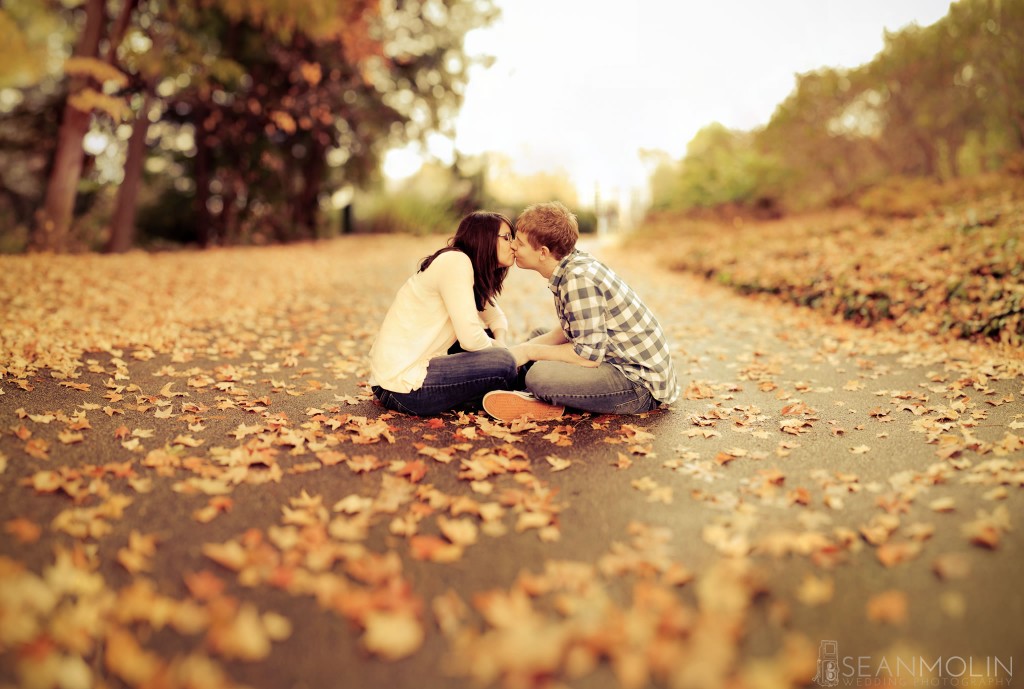
One lens you can’t live without? No question, my AF-S Nikkor 85mm f/1.4G is my favorite lens. I’ve done multiple shoots with it, never changing to another lens. A couple years ago, I even did a Project 85. Eight-five photos at 85mm over 85 days. I even got a full page feature in Popular Photography (April 2011) in their 85mm special. You could say I’m obsessed.
How did know when the right time to start charging was? As I said above, I shot every waking moment for almost two years before I accepted a paid session. I will never forget being asked to shoot four weddings in the first year JUST because I had a nice camera. I thought people were nuts! I was *terrified* to shoot a wedding for the longest time, and I think everyone should be when their starting out, too! Weddings are nothing to screw around with. I knew I was ready to shoot a wedding when I was absolutely confident I could shoot in *any* adverse condition that could occur. Ever showed up at a reception where the DJ didn’t bring a single light and the guests couldn’t make out the person they were dancing with? Those pictures better look like they did.
How much did you charge for your first session and how much are you charging for the same type of session now? My first session was an engagement session and I charged $50. I’m now charging $600.
My first senior session I charged $150. I’m now getting, on average, $750 to $1200 for a senior session.
My first wedding I charged $500. Never. Again. Not ever worth it at that price. The amount of time I put in, I was probably making $3/hr. I’m now commanding upwards of $4500.
But my passion, live music? I do it because I love it. It’s virtually impossible to make money aside from band promos. I’ve probably made a total of $500 from shooting hundreds of shows. Haha.
How did you market yourself when you started out? I shot a lot, and only posted my best work online. Flickr and Facebook can go a long way if you are active, and keep your quality very high. Quality over quantity is absolutely paramount when putting together a portfolio or *any* online presence. One good image is better than 20 mediocre ones.
The best photographers in the world take bad photos. You’ll just never see them.
We are going to play a game… name the first person that comes to mind when you think of…
•Newborn photographer: Rachel Vanoven
•Wedding photographer: Ryan Brenizer
•Lifestyle photographer: Tina Wilson
•Most inspiration person: Most inspiring photographers to me are Ryan Brenizer, Sam Hurd, and Todd Owyung. Most inspiring person in general? Umm… After sitting here for, literally, five minutes, I realized I’m only inspired by photographers. Not sure if really awesome or really lame.
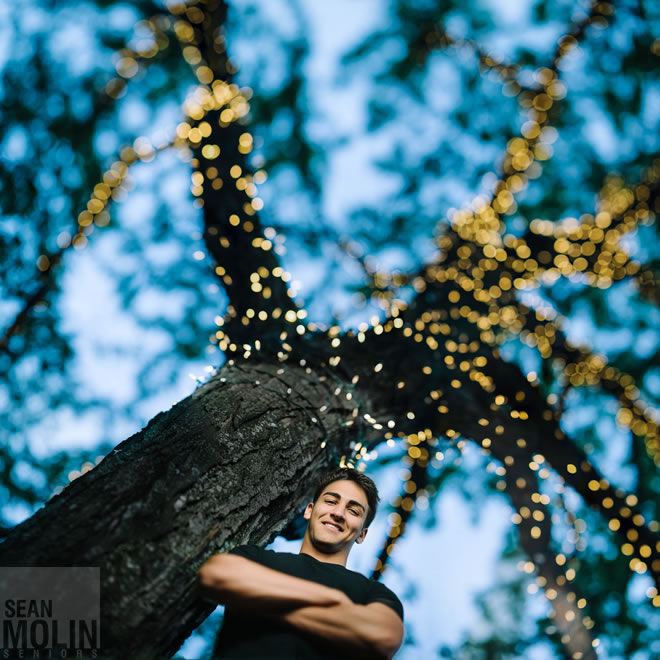
Did you go to school for photography or were you self- taught? Self-taught. I attribute my success today with staying away from zoom lenses and not doing paid sessions until I was truly ready. And no weddings. No weddings at all until I knew I could produce a product I’m proud of in *any* terrible situation that could arise.
What has been some of the hardest things to overcome in your business? The obvious answer would be “the sea of amateur photographers with nice cameras”, but if I’m being honest, that hasn’t been a huge battle. Sure I’ve lost a few senior bookings due to “a friend who’s cheap”, but I’ve had a good number of those come back for a small session to get a few quality pics. Weddings are really the only place where you only get one shot to book. All I can do is produce high quality images and charge what I’m worth. Beyond that is the difficulty in marketing. That difficulty is more money than anything.
So, what has truly been difficult to me, personally? I’m finally at an age where I’m just not friends with many kids in high school anymore. That was my number one way of booking seniors… direct contact.
Do you have any tips for photographers just starting out?
1. Learn to zoom with your feet. Zooming a lens changes your framing. Changing where you stand changes your perspective. Perspective is what makes a great image great.
2. Don’t rush into charging for sessions. Your approach to how you shoot and operate your business changes dramatically when you do. Not to mention that the moment you become a business, you have MUCH less time to devote to learning photography. The business side takes up most of your time in reality.
3. If you decide going into business is what you really want to do, put as much effort into learning business as you have photography. Nevermind, forget that. Put more effort into learning business than you have photography. The most financially successful photographers are business masters. Many of them are average photographers at best.
4. Know your gear and shoot for optimal exposure. On some cameras, you milk the most dynamic range by slighting under or over exposing your images. For example, my D700 loves highlights and works best overexposed about 1/3rd a stop. My D800, on the other hand, is a shadow monster. It loves under exposures down to almost a whole stop. That lets me extract the maximum amount of detail out of an image. No blown highlights and MOUNTAINS of shadow detail. Oh, and shoot RAW. Seriously. Start yesterday if you haven’t already. That’s the only way to harness that power.
5. Make an honest effort to shoot types of photography that you don’t think actually interest you. You never know what you’ll fall in love with. I love shooting commercial products like alcohol, watches, pens, glassware, etc. I had no idea until I tried.
6. Speaking of product photography, everyone should do it. You get to work with a subject that never gets tired, but you also have to make it do whatever you want. No better way to learn the mechanics of lighting principles.
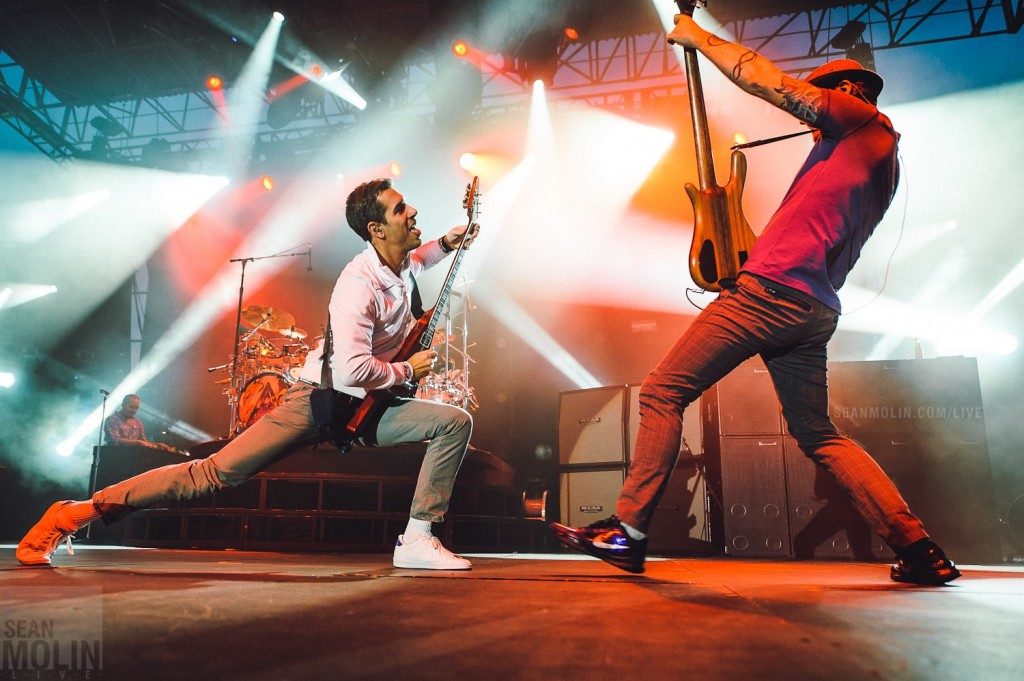
If for some reason you couldn’t be a photographer what do you think you would be? I actually still keep a day job. Why? Because I never want photography to be something I rely on to pay the rent. I want to be selective in the sessions I book. For almost ten years I worked in a music store, and now I do corporate IT. But what would I actually want to do if photography was not an option? Well, I guess a professional downhill skier… if we’re dreaming.
What’s the best lesson in photography (business or shooting) that you’ve learned so far? The best lesson I ever learned was to not ask friends and family what they think of your work. They’ll always say it’s great. We’ve ALL seen terrible photography with mountains of praise on Facebook. From the first day I was shooting, I was submitting my work to critique groups on Flickr. My feelings were hurt. A lot. But I’m where I am today because of it.
The second best lesson I ever learned was from picking up a film camera. After shooting digital for over three years, picking up a medium format film camera made me slow down in shooting. My shoot rate is FAR lower than it was, but my keep rate is FAR higher. When you only get 12 shots and then you have to spend 1-2 hours developing and scanning them… you really learn to care about pushing that shutter.
What are your thoughts on flash? In my humble opinion, flash is an incredible tool that too many people are afraid to learn or don’t want to invest the time and money in. Many of these same people hide behind the moniker of “natural light photographer.” Don’t be that photographer. You’re doing a disservice to yourself, and many of you are putting down photographers that use flash in your marketing. I’ve seen it.
Newsflash: Light is light.
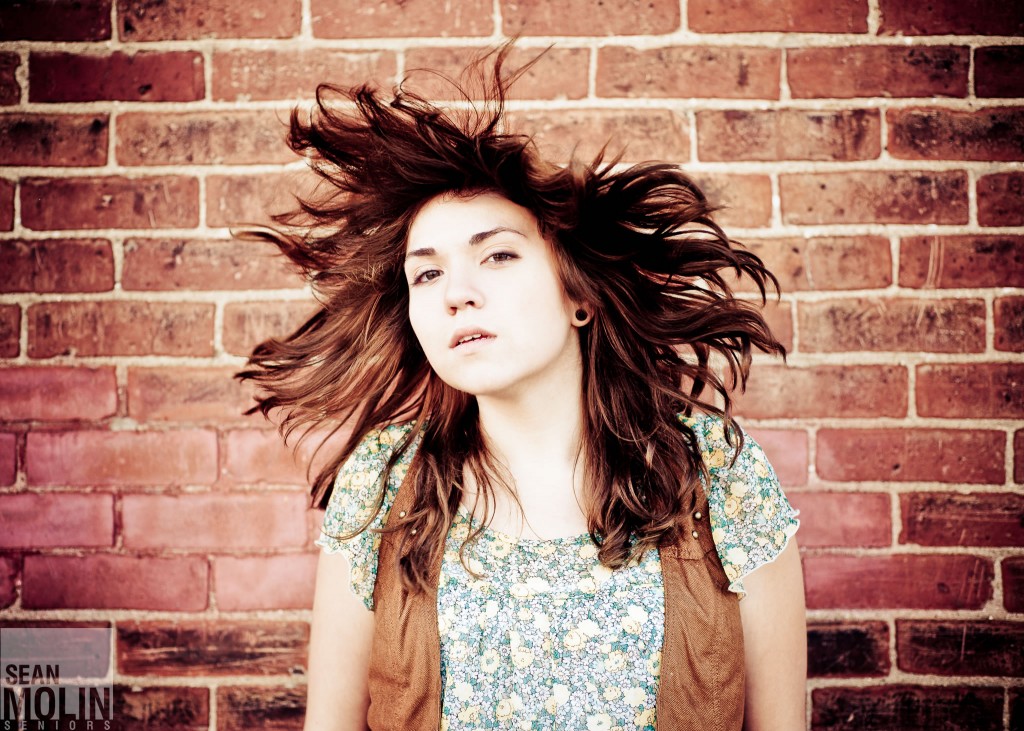
We are photographers. We are, by definition, artists who use light. It is short-sighted to discount any of the tools available to us. Flash can massively expand your flexibility, creativity, and power. In trained hands, you can make your light look like anything you can imagine. And of course we’re not talking about your pop-up flash. We’re talking about taking those lights off the camera and putting them where you want them. With that knowledge you can create everything from four-point studio lighting to natural window light 24 hours a day. That is power. So if you are someone who calls yourself an “all-natural light photographer” and you haven’t touched off-camera lighting, or even if you have but don’t completely understand it… drop the marketing gimmick and strive to add new tricks to your toolbox. It will take you to the next level. I’ll go ahead and make a plug for the Zakk Arias One-Light Workshop DVD. It is the dead-simplest intro to serious off-camera lighting and it will change your life.
